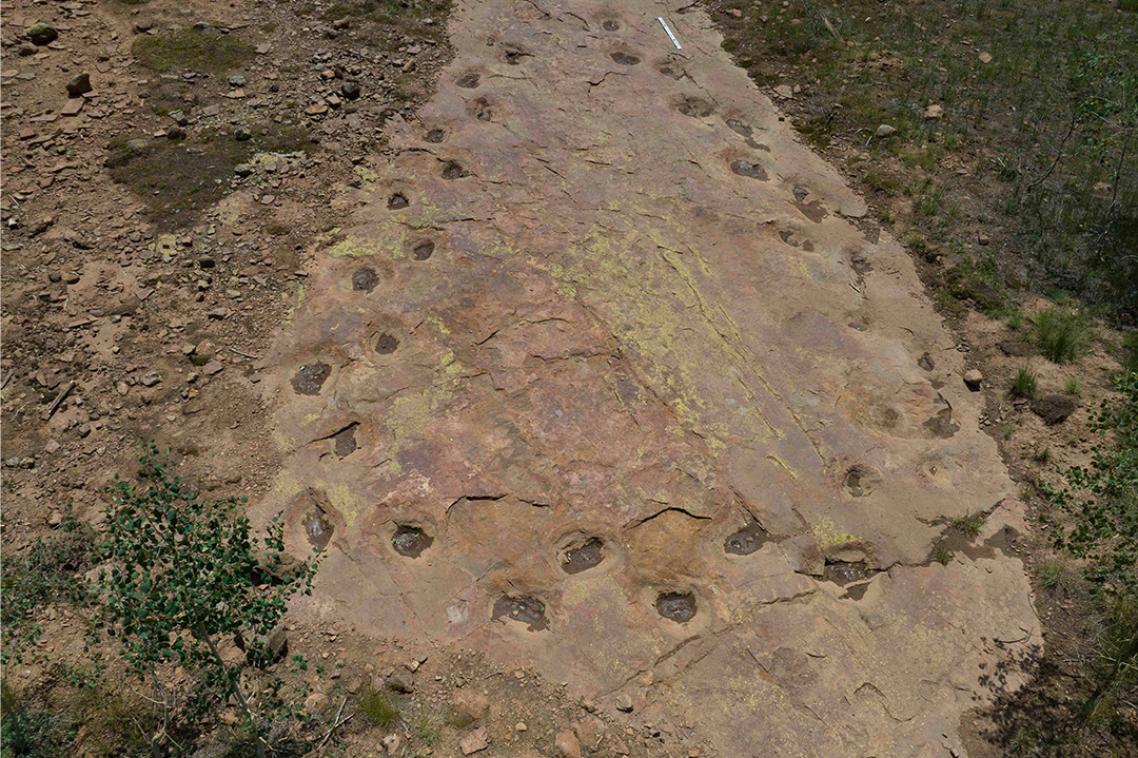New research centre to provide focus for rehabilitation of severely injured.
Improved treatment and rehabilitation for people injured in road accidents are among the aims of a new national research centre based in Brisbane.
The Centre of National Research on Disability and Rehabilitation Medicine (CONROD) is a joint initiative of the University of Queensland, the Motor Accident Insurance Commission and the Queensland Institute of Medical Research.
The Centre will be based at the Royal Brisbane Hospital and receive annual funding of $588,000 from the Commission for an initial five year period.
Former Queensland insurance commissioner Graham Hughes has been appointed as chairman.
A database developed at a cost of $25 million and donated to the centre by the German Government will be used to focus on rehabilitation and return-to-work outcomes in the wake of serious injuries.
The REHADAT (Australia) system includes information on equipment and prosthetic devices for the disabled and severely injured and on case study research into rehabilitation and disability management.
Queensland Transport preliminary road crash figures for 1996 show 8331 people received 'serious injuries' in traffic accidents. Road fatalities for the same period are 338.
University of Queensland Medicine Department head Professor Mervyn Eadie said the Centre would focus on the 'human health side' of severe injuries and rehabilitation and on research into disability and its treatment.
Professor Eadie said the appointment of a chair to the centre would increase the status of rehabilitation medicine in education and research.
At the launch of the Centre, Deputy Premier and Treasurer Joan Sheldon said rehabilitation and treatment of the severely injured were among the most distressing yet important functions of the community.
The Centre would serve as a focus for that function and co-ordinate various programs and information on injury management and rehabilitation, she said.
'Traumatic experiences of the kind we are talking about today affect not only the injured but a raft of others who become involved, family and friends in particular,' Mrs Sheldon said.
'Effective intervention requires not only immediate reaction to the needs of the person injured but a consideration of appropriate strategies that ensure the right decisions are made and backed up.'
Mrs Sheldon also praised the 'gift' of the Australian licence to the REHADAT system.
Germany had long been at the forefront of rehabilitation and treatment and the database would benefit all Queenslanders and Australians, she said.
For further information contact Professor Mervyn Eadie on (07) 3365 5137 or Mr Graham Hughes on (07) 3227 8162.
Related articles

Looping long-necked dinosaur site reveals its secrets

UQ ranked second nationally in AFR Best Universities Ranking
Media contact
UQ Communications
communications@uq.edu.au
+61 429 056 139
